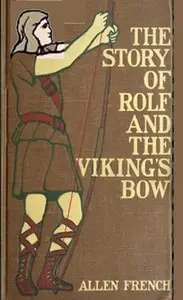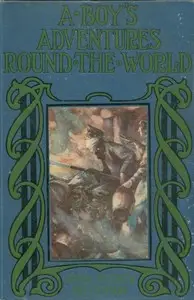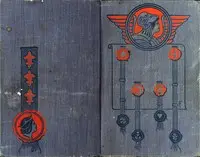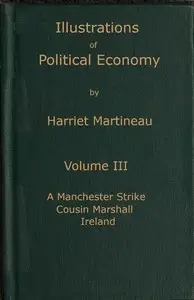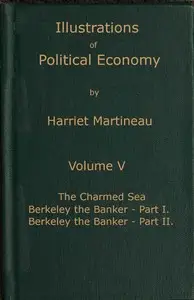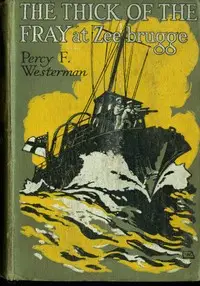"Feats on the Fiord" by Harriet Martineau is a children's romance novel that takes place in the scenic fjords of Norway, blending local superstitions with the daring escapades of the young hero, Oddo. The story begins with a betrothal celebration in a farmer's home where Oddo, an enthusiastic herd-boy, finds himself amid music, laughter, and the widespread superstitions of the people. The readers also meet Erica, a maid haunted by sadness and superstition, and Hund, whose ambition creates tension as he is present at the festivities. As the story unfolds, Oddo's courage and curiosity propel him into a world of mystery, as the novel suggests a journey into the unknown, where fear and valor affect the characters' lives.

Feats on the Fiord
By Harriet Martineau
In the mystical fjords of Norway, a brave young boy confronts superstition and ambition, revealing secrets hidden within the shadows of the landscape.
Summary
About the AuthorHarriet Martineau was an English social theorist. She wrote from a sociological, holistic, religious and feminine angle, translated works by Auguste Comte, and, rarely for a woman writer at the time, earned enough to support herself. The young Princess Victoria enjoyed her work and invited her to her 1838 coronation. Martineau advised "a focus on all [society's] aspects, including key political, religious, and social institutions". She applied thorough analysis to women's status under men. The novelist Margaret Oliphant called her "a born lecturer and politician... less distinctively affected by her sex than perhaps any other, male or female, of her generation."
Harriet Martineau was an English social theorist. She wrote from a sociological, holistic, religious and feminine angle, translated works by Auguste Comte, and, rarely for a woman writer at the time, earned enough to support herself. The young Princess Victoria enjoyed her work and invited her to her 1838 coronation. Martineau advised "a focus on all [society's] aspects, including key political, religious, and social institutions". She applied thorough analysis to women's status under men. The novelist Margaret Oliphant called her "a born lecturer and politician... less distinctively affected by her sex than perhaps any other, male or female, of her generation."

